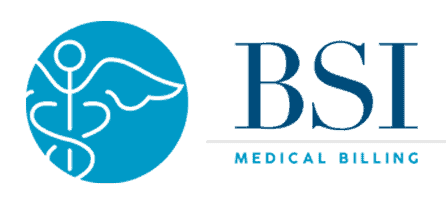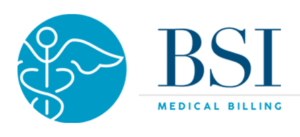Understand How to Use ICD-10 and CPT Codes
ICD-10 and CPT codes are essential for efficient medical billing and coding. They are the standard codes used to classify diagnoses, treatments, and procedures in the healthcare industry. ICD-10 codes are updated annually by the World Health Organization (WHO), while CPT codes are updated regularly by the American Medical Association (AMA). The codes are extremely specific and must be used correctly to receive accurate and timely reimbursements.
By properly using ICD-10 and CPT codes and establishing an efficient coding strategy, you can ensure your claims are accurately coded for maximum reimbursement, improve compliance rates, streamline processes, and reduce denials.




